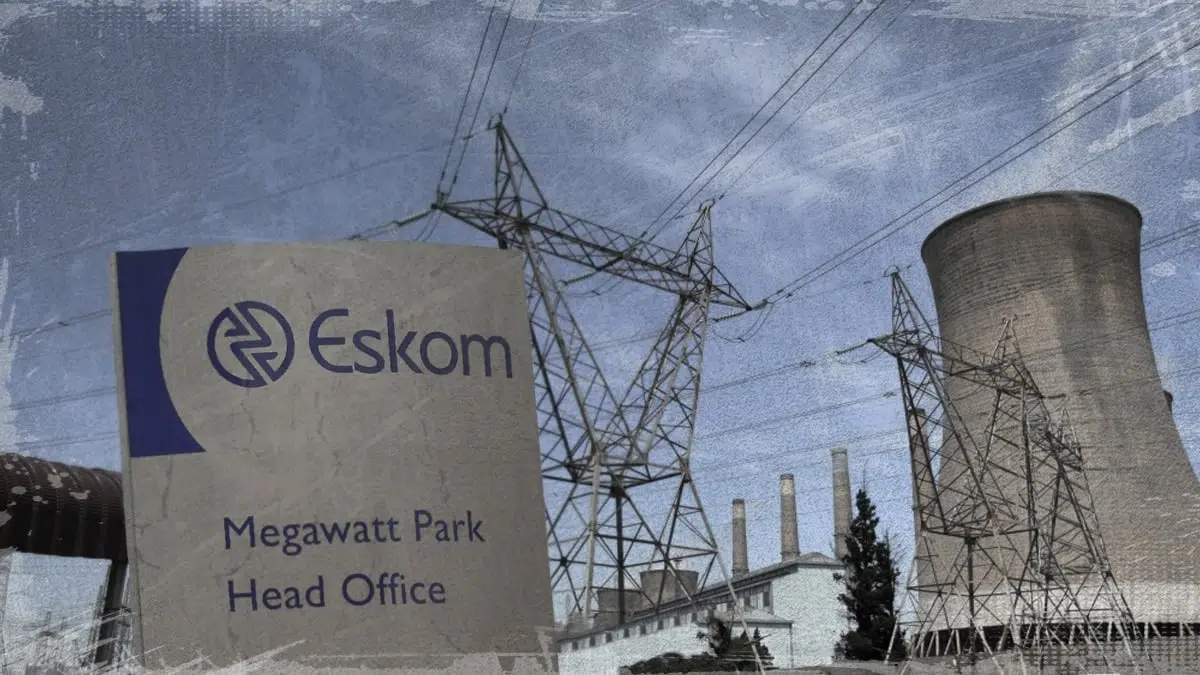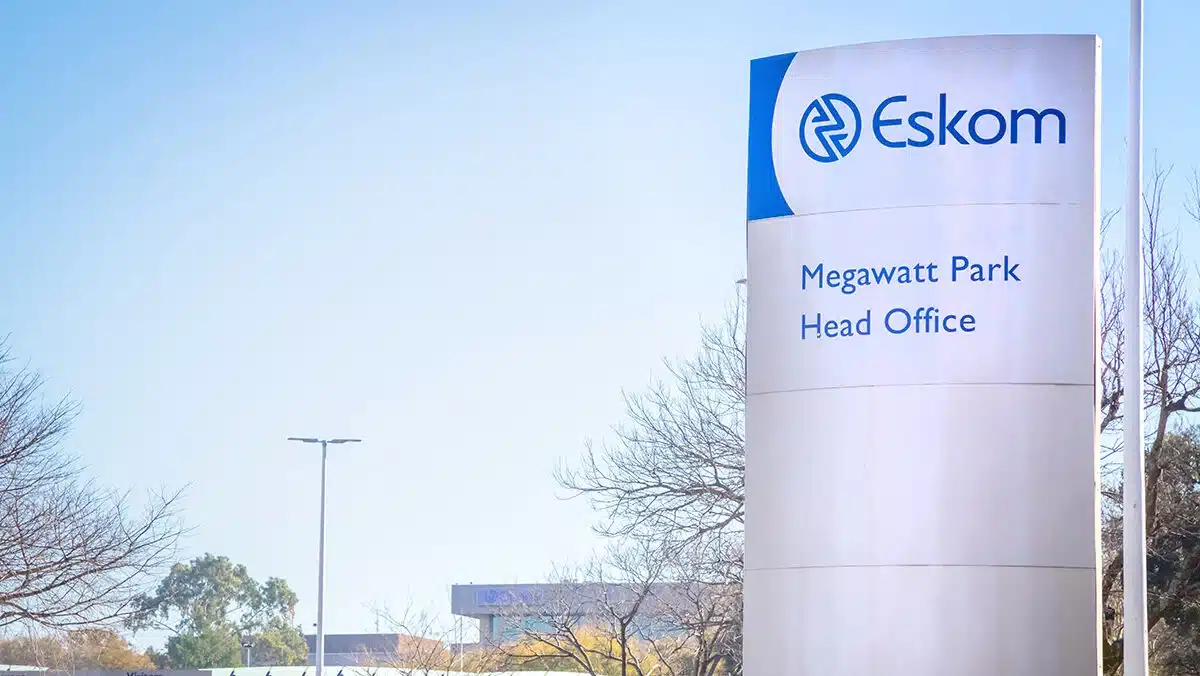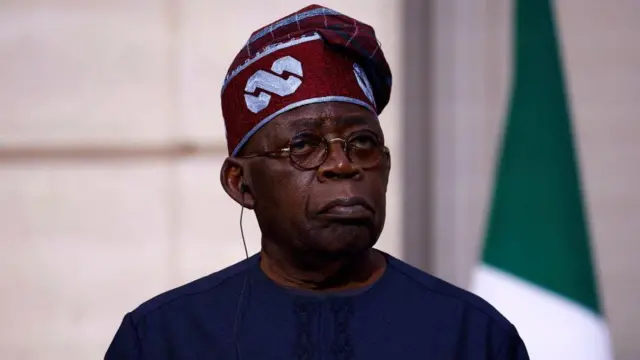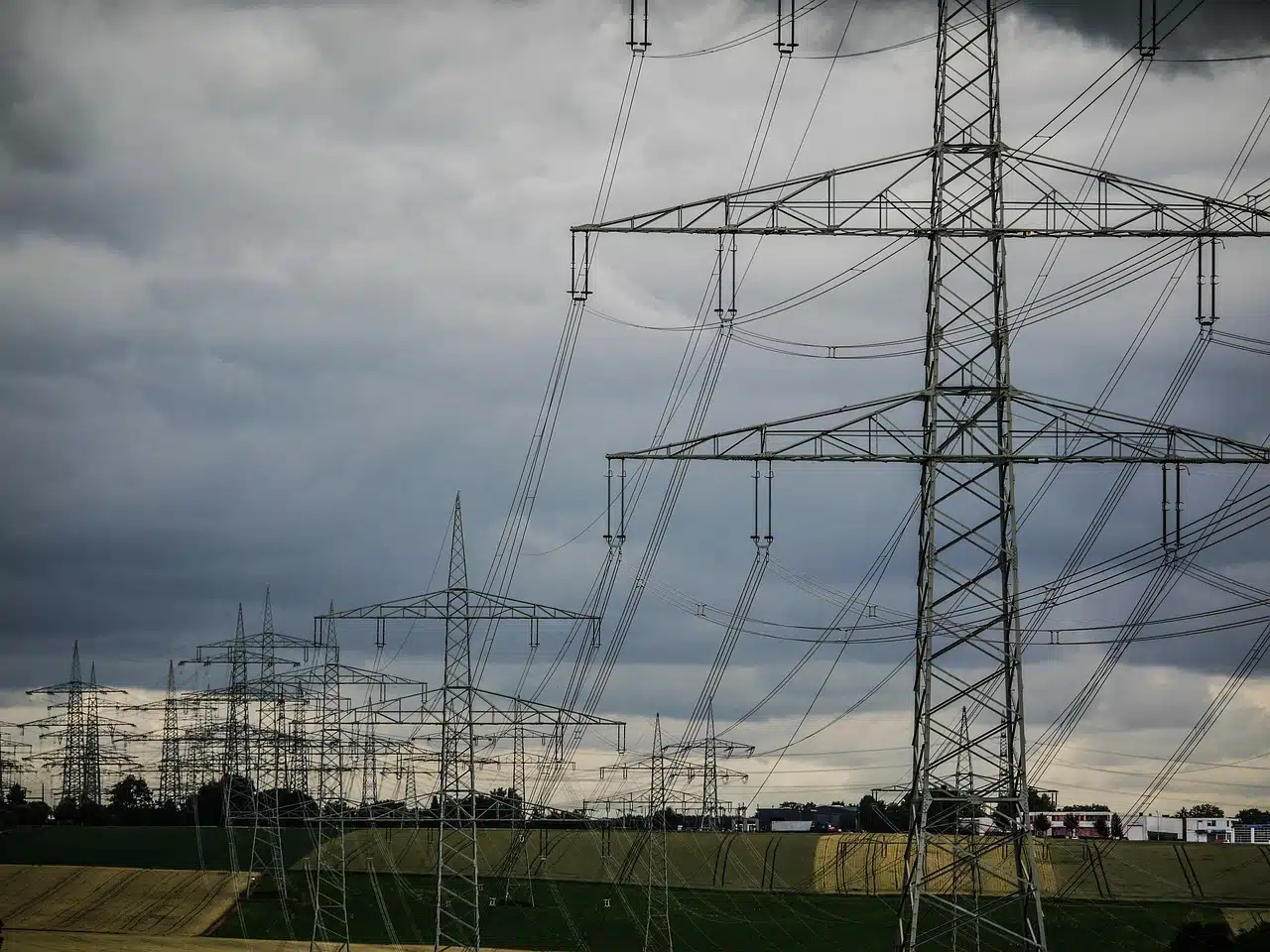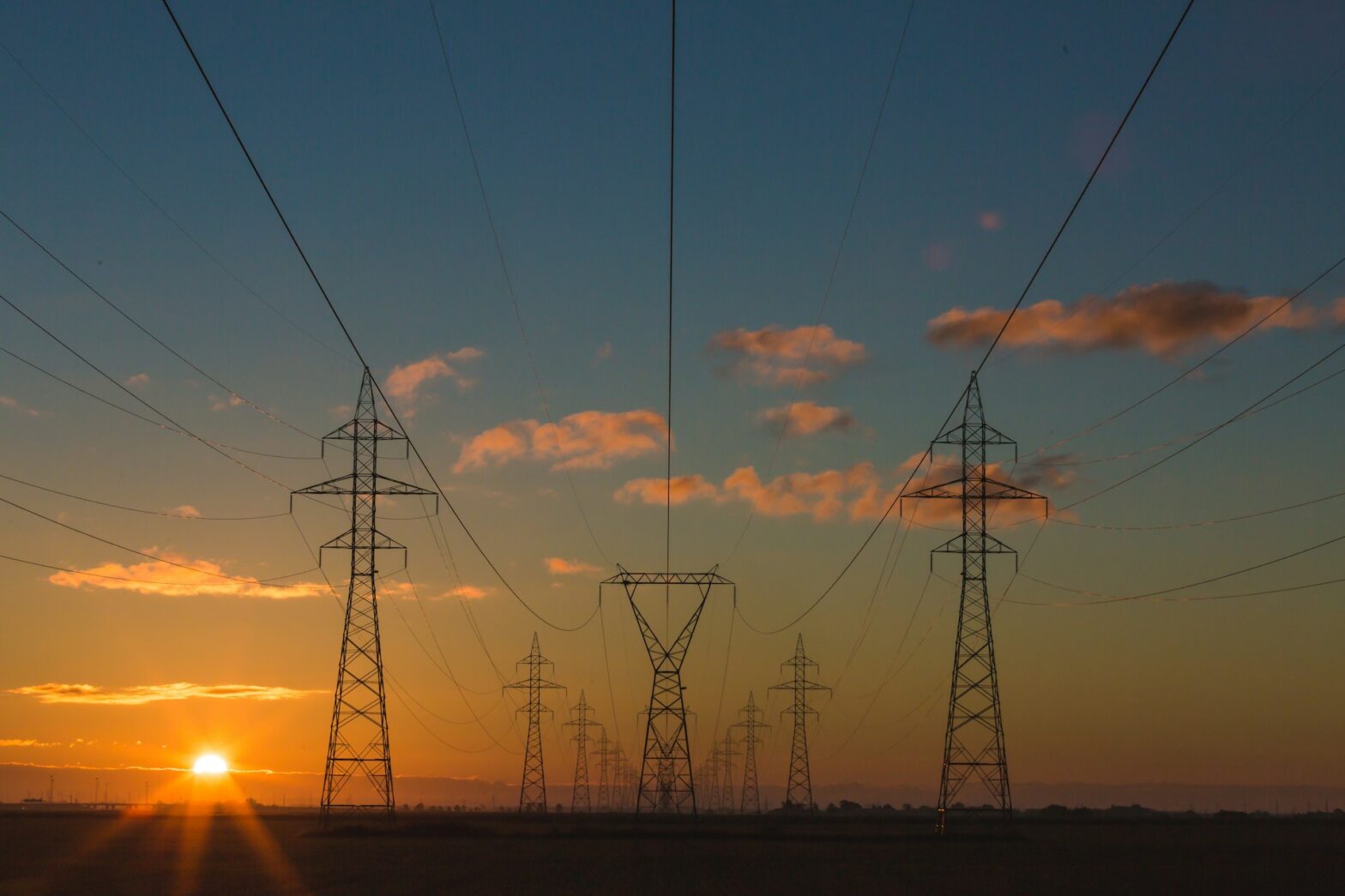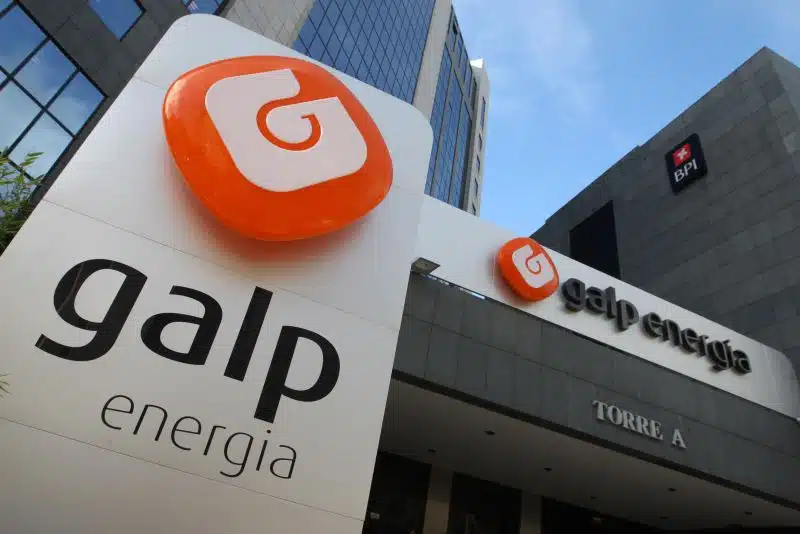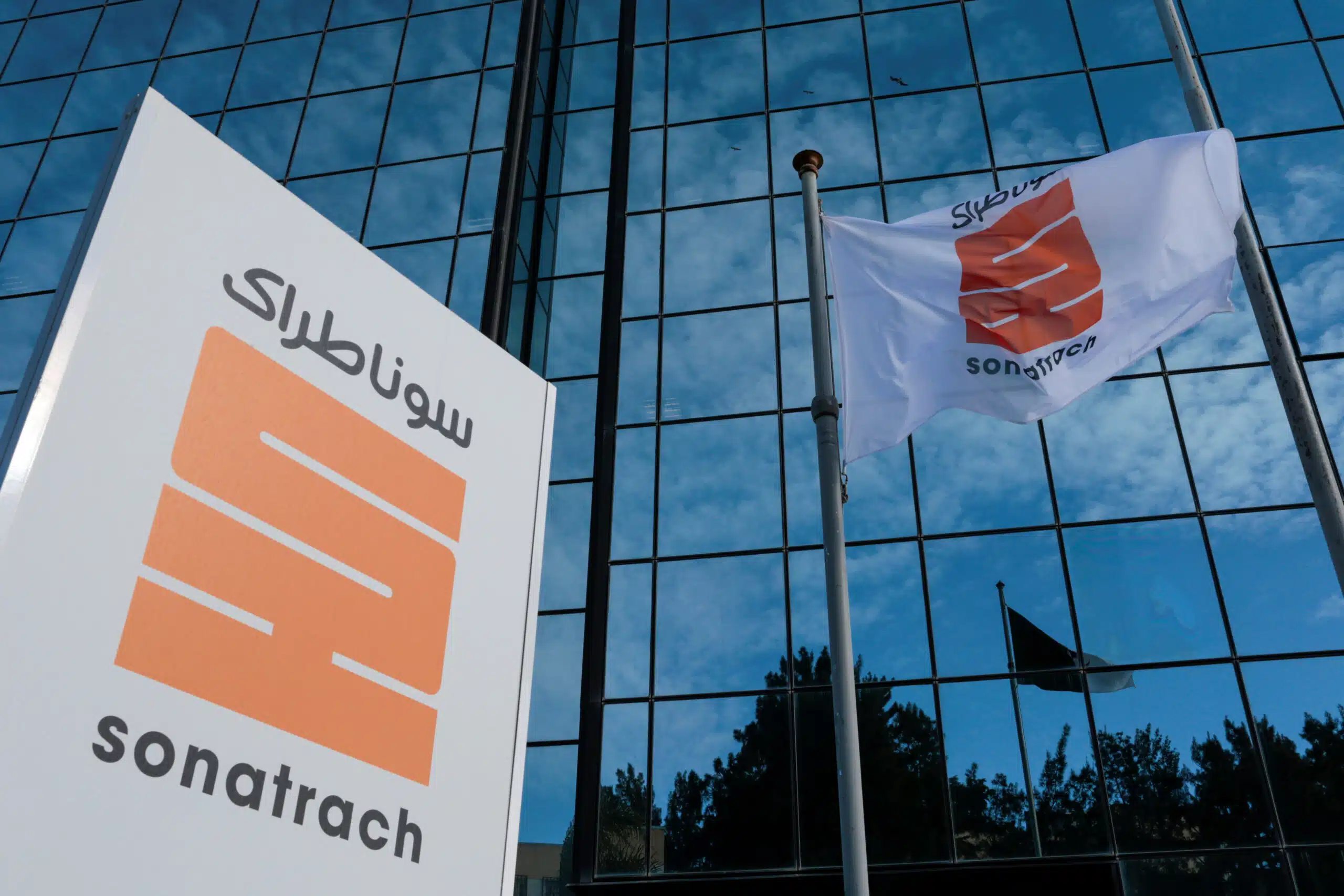South Africa is seeking private developers for a $22 billion (390 billion rand) grid expansion project to bolster the country’s energy security.
In a targeted advertisement, the country’s Department of Electricity and Energy invited experienced and committed groups to participate in a pre-qualification process for independent transmission projects (ITPs).
“The ITP initiative aims to attract large-scale private sector investment to modernize and expand the country’s transmission infrastructure, enhance energy security, and create jobs while supporting industrial renewal and decarbonization goals,” the Department said in an official announcement on social media.
The plan is to build 14,218 kilometres of transmission lines over the next decade.
The private sector will design, finance, construct, operate and maintain transmission lines and substations.
The advertisement also specified that bidders must have the “necessary technical expertise, financial capacity and proven experience required to deliver transmission capacity at significant scale and within accelerated timeframes.”
Bids for the project are to be submitted by September 23, 2025.
The call for private developers is a culmination of the government’s decision to involve private financiers and investors to make the ground-breaking project a reality.
The project is just the latest in a string of efforts that South Africa has made to enhance its electricity network in the wake of widespread power cuts.
South Africa’s efforts to bolster its electricity network
With electricity generation and supply still a problem for Africa’s most industrialised nation, the government has been involved in a series of wide ranging activities to turn the tide on its electricity woes.
One such activity is its proposal to route an electricity transmission line from the Democratic Republic of the Congo (DRC) through Zambia and Zimbabwe to South Africa.
The project aims to deliver 2,500MW of electricity from DRC’s Grand Inga Hydropower Project to boost South Africa’s energy capacity and support long-term power stability.
The country is also set to receive a $1.5 billion Development Policy Loan (DPL) from the World Bank to support its energy infrastructure and open new investments for energy transmission, energy access, and municipal energy distribution projects.
Earlier month, the African Development Bank (AfDB) approved a $474.6 million loan to support South Africa’s power and transport sectors, aiming to improve energy efficiency and rail reforms.

